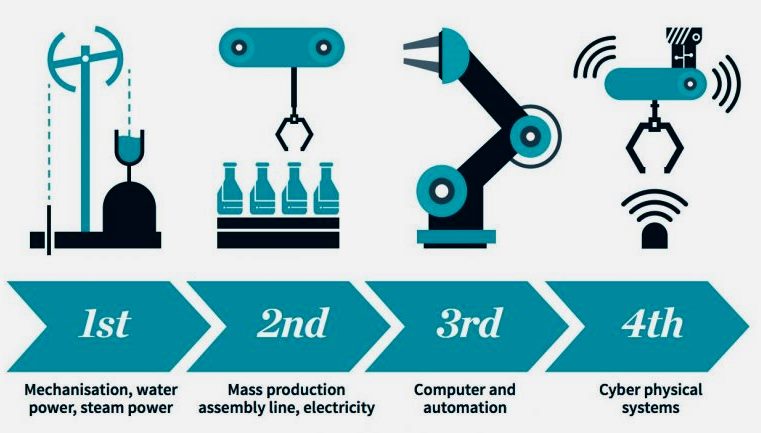Adri Führi, Group CFO at Fintech specialist e4, says 4IR and the rate of technological change presents a unique challenge for CFOs who have the complex task of ensuring alignment between finance and the entire organisation on the road to digital transformation.
There has been much talk about the role 4IR will play in digital transformation. In these necessary conversations it is vital that leadership teams do not lose sight of their organisation’s overall transformation objectives. Ultimately, 4IR technologies are tools that should be considered as one part of the transformation journey and not all technological advances are necessarily useful for all businesses.
RELATED Skilling For The High-Stakes, Must-Win Landscape Of 4IR
Amidst the pace of technological change, it’s up to CFOs and other members of management to navigate how organisations should deploy funding for digital transformation to achieve the best possible return on investment.
For mid-sized corporates especially, the challenge of balancing business requirements and aligning long-term organisational goals is compounded by the need to use resources as prudently as possible. Making sure that finance fits in with the rest of the digital transformation journey, has access to funding, the right skill set to assist with the change, all while ensuring the finance team is able to join on the journey is very important – and easier said than done.
The aim shouldn’t be to transform simply for the sake of it, but to transform with specific, goal-orientated objectives in mind such as faster, more accurate and value adding reporting. In a medium size corporate, there just isn’t room to implement the wrong tools because of the potential resource impact. Change management will be important to ensure the effective adoption of technological changes. This is a great opportunity to partner with HR to ensure adoption within the team.
Of course, many of the newest technologies that look set to make an even bigger impact on business and ways of working are still at an early stage but will evolve rapidly. Rather than seeing this scenario as a threat to job security, it should be viewed as an opportunity for leadership, strategic thinking, risk management thinking, critical thinking, problem solving, both in finance and the rest of the organisation, to really thrive.
Adaptability and agility are key competencies as technology becomes entrenched in every aspect of business and organisations look for ways to differentiate themselves from their competitors. STEM education is the cornerstone of what will be required to navigate through 4IR. Investing in tech education is something that I am particularly passionate about. Many CFOs are in the position to decide or influence the decision on where to spend socio-economic development funding. With 4IR gaining momentum, funding for education in these key areas should form part of all organisations’ socio-economic development investment agenda, and better still, a practical and long-term strategy to truly enabling digital transformation and 4IR.































